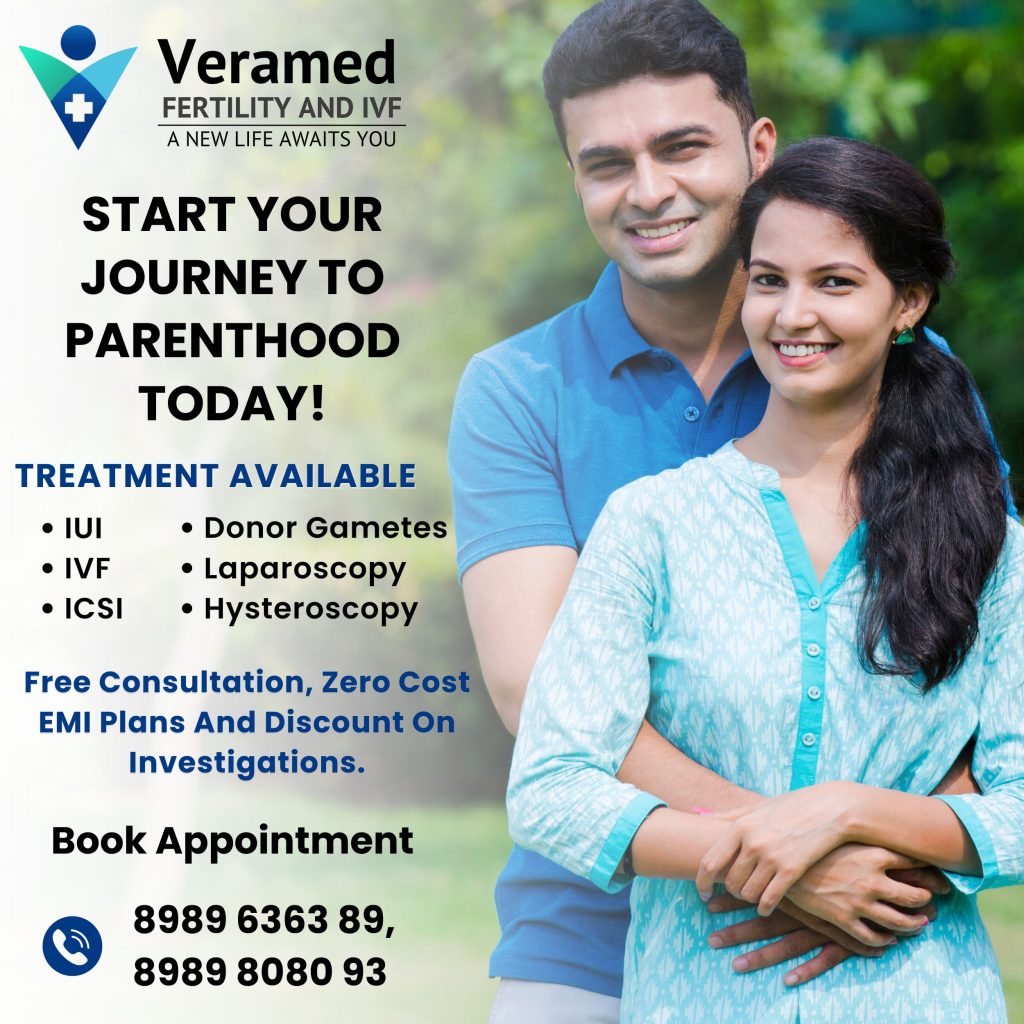In today’s world, many women are opting to delay starting a family for various reasons—whether it’s to focus on their careers, relationships, or personal goals. With advancements in fertility preservation techniques, egg freezing has emerged as a popular option for women to maintain their reproductive potential for the future. This guide explores what egg freezing is, how age impacts fertility, and the egg freezing process.
What is Egg Freezing?
Egg freezing, or oocyte cryopreservation, is a fertility preservation method that involves harvesting a woman’s eggs, freezing them, and storing them for future use. These eggs can later be thawed, fertilized with sperm, and implanted as embryos during in vitro fertilization (IVF). This method is particularly beneficial for women wishing to delay pregnancy while preserving the quality of their eggs at a younger age.
How Does Age Affect Fertility?
Age significantly impacts a woman’s fertility. Women are born with a limited number of eggs, and as they get older, both the quantity and quality of these eggs decrease. By the time a woman reaches her mid-30s, there is a notable decline in fertility. The chances of chromosomal abnormalities in the eggs also increase with age, making natural conception more challenging. Many women choose to freeze their eggs during their younger years to ensure a better chance of success when they’re ready to start a family later in life.
The Egg Freezing Process

The egg freezing process typically involves three main steps:
1. Ovarian Stimulation: This process begins with hormone injections that stimulate the ovaries to produce multiple eggs in one cycle. The development of the eggs is monitored through blood tests and ultrasounds.
2. Egg Retrieval: When the eggs are fully mature, they are collected through a minor surgical procedure. A needle is used to extract the eggs from the ovaries under ultrasound guidance, typically performed under sedation.
3. Vitrification (Freezing): After retrieval, the eggs are quickly frozen using a process called vitrification. This rapid freezing method prevents ice crystals from forming in the eggs, which could otherwise damage them. The eggs can then be stored for years, ready for use whenever the woman decides to proceed with fertility treatment.
Why Women Are Choosing Egg Freezing

1. Understanding the Biological Clock: Women are born with a limited number of eggs, and both the quantity and quality of these eggs decline with age, particularly after 35. This concept, often referred to as the “biological clock,” makes egg freezing an attractive option. It allows women to preserve their eggs during their reproductive prime, mitigating age-related fertility decline and increasing the chances of conceiving later with healthier eggs.
2. Advancing Careers and Relationships: Many women choose to delay having children to focus on building successful careers or finding the right partner. Egg freezing provides the flexibility to prioritize professional growth and personal relationships without the pressure of a ticking biological clock. It empowers women to achieve personal milestones and consider family planning when they feel emotionally and financially ready.
3. Improving the Odds of a Successful Pregnancy: Freezing eggs at a younger age can significantly improve the chances of a successful pregnancy in the future. Younger eggs are generally of higher quality, and utilizing them for future fertility treatments increases the likelihood of conception through IVF.
4. Reducing Fertility-Related Stress and Anxiety: Fertility concerns can be a significant source of stress and anxiety, particularly as women age. Egg freezing alleviates these worries by providing a sense of control over their reproductive future. Women can feel more secure knowing they have preserved their fertility, reducing the stress associated with the biological clock and uncertainty about future family planning.
5. Advancements in Cryopreservation Technology: Technological advancements, especially in vitrification (a rapid freezing process), have significantly improved the success rates of egg freezing. The survival rate of eggs during the freezing and thawing process has increased, making the procedure more reliable. These breakthroughs in cryopreservation technology have led to a rise in the number of women considering egg freezing as a viable option.
6. The Future of Egg Freezing: Trends and Implications As egg freezing continues to evolve, it is expected to become an even more integral part of family planning. More women are exploring this option at earlier stages in their reproductive lives, and societal acceptance is on the rise. Future advancements in cryopreservation techniques may make egg freezing even more efficient and accessible to a broader population, alongside potential shifts in policy and insurance coverage, making the procedure a standard part of fertility care.
Conclusion
Egg freezing offers women the opportunity to take control of their fertility and future family planning, balancing both biological and lifestyle factors. As technology improves and societal awareness increases, egg freezing is set to become a cornerstone of reproductive care, giving women more freedom and options for when they want to start a family.
For those seeking exceptional female infertility treatment in Delhi, Veramed IVF stands as a beacon of hope. With a commitment to excellence and a team of highly skilled specialists, Veramed Fertility and IVF Center offers a wide range of services tailored to address various fertility challenges. Our state-of-the-art facilities and personalized approach make us a premier choice for anyone embarking on the journey to parenthood.

